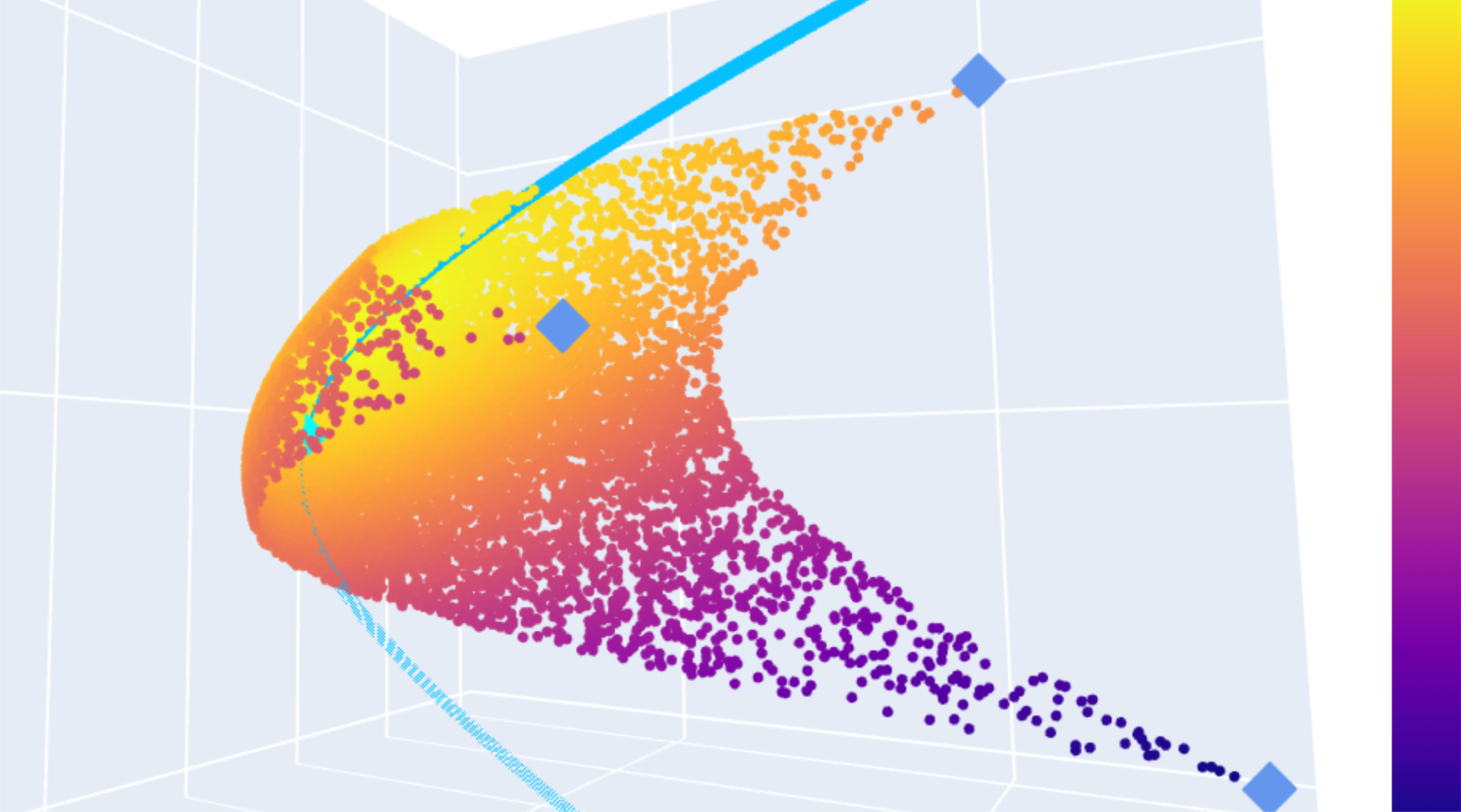Toolkit for Empirical Workflows in Stata
Published:
corp_fin is a collection of Stata commands designed to streamline common tasks in empirical corporate finance research. The goal is simple: automate the repetitive processes such as running regressions, testing coefficients, doing univariate analyses, while producing clean, ready-to-use output.
This package started as a set of practical solutions to two recurring needs to simplify my work:
(1) moving quickly from a model setup to a presentable output table with minimal code, and
(2) performing structured coefficient-level analysis & output using concise and consistent commands.
The latest version: github.com/evanhaozhao/corp-fin-ado-toolkit
Modules
- Last modified: April 19, 2025
regx
Command mainly supports:
regress,xtreg,reghdfe,coefplot,tobit,poisson, andppmlhdfe- Multiple dependent and independent variables
- Rotating independent variables or controls
- Interaction and dynamic event-study terms
- Assessing and reporting table overall significance
- Exporting estimates in row-based format for further processing
- High-dimensional fixed effects
- Clustered standard errors
- Custom titles, notes, and export folders
eqx
Command for exporting coefficient equality test. It supports:
- Within-model tests, such as comparing
x1andx2 - Cross-group comparisons using a categorical variable
- Between-model comparisons
sumx
Command for exporting summary statistics and t-test tables. Main features include:
- One-sample and two-sample t-tests
- Grouped summaries using a categorical variable
- Presentation-style output with means, medians, differences, and p-values
Installation
To install or update the package, run the following in Stata:
net install corp_fin, from(https://raw.github.com/evanhaozhao/corp-fin-ado-toolkit/main) replace
Help Files
In Stata, type:
help regx
help eqx
help sumx
These commands display the syntax and list of options.
Notes on Usage
- To specify standard error clustering, define a global variable
clustervarbefore usingregxoreqx. If this is not set, standard errors default to robust. - To control the output directory for exported tables, define a global
dir_table_flow. The current output formats include.csvand.rtf.

